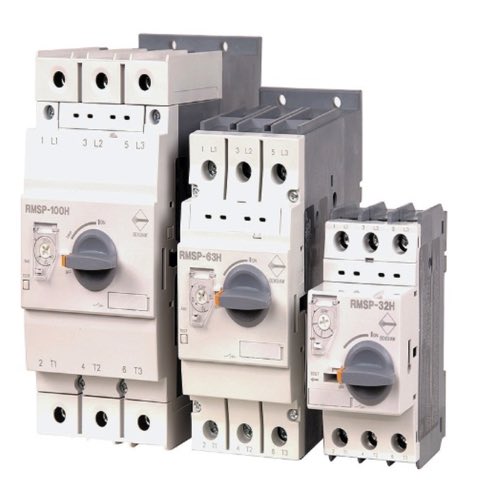Benshaw Motor Starters

For applications that require dependable motor control, Benshaw motor starters provide reliable motor control solutions. They thrive in severe-duty applications and offer expanded opportunities for use in both low- and medium-voltage environments. Where a standard across-the-line starter may suffice, Benshaw’s full-voltage starters offer increased protection against overloads, shorts, and phase loss. Should a reduction of startup torque or current be required, Benshaw’s reduced-voltage starters can do that job quite nicely, providing the same level of operational protection on the motors they control.
Benshaw motor starters are reliable enough to use in even the most high-stakes industries—like mining and manufacturing—that require almost 100 percent uptime. And if you need a soft start, Benshaw has that covered, too. Its soft starters gradually ramp up voltage, which conserves energy and prevents the kinds of mechanical stresses that can lead to midlife failures in your motors. Overall, Benshaw motor starters are built better and tougher than the competition, ensuring they last in whatever kind of heavy duty environment you've got them in and across a wide range of motor application uses.
FAQs
Q: What are Benshaw motor starters used for?
Benshaw motor starters are used to start, stop, and protect electric motors in industrial applications, providing overload protection, short-circuit protection, and controlled motor operation.
Q: What types of motor starters does Benshaw offer?
Benshaw offers direct-on-line (DOL) starters, reduced-voltage starters, and soft starters for low- and medium-voltage motor control applications.
Q: What are the benefits of using a Benshaw soft starter?
Soft starters reduce inrush current and startup torque by gradually ramping voltage, helping minimize mechanical stress, extend motor life, and improve system reliability.
Q: How do motor starters differ from VFDs?
Motor starters provide basic start/stop control and protection, while VFDs offer full speed control throughout the motor’s operating range. Soft starters offer controlled startup without continuous speed control.
Q: Are Benshaw motor starters suitable for severe-duty applications?
Yes, Benshaw motor starters are designed for rugged industrial environments and are commonly used in applications requiring high reliability and continuous operation.
Why Buy Benshaw Motor Starters from RSP Supply
RSP Supply offers a comprehensive selection of Benshaw motor starters to support industrial motor control and protection requirements. Our inventory includes soft starters and direct-on-line starters designed for reliable operation in demanding environments. Customers rely on RSP Supply for knowledgeable technical support, dependable product availability, and motor control solutions engineered for long-term performance.

